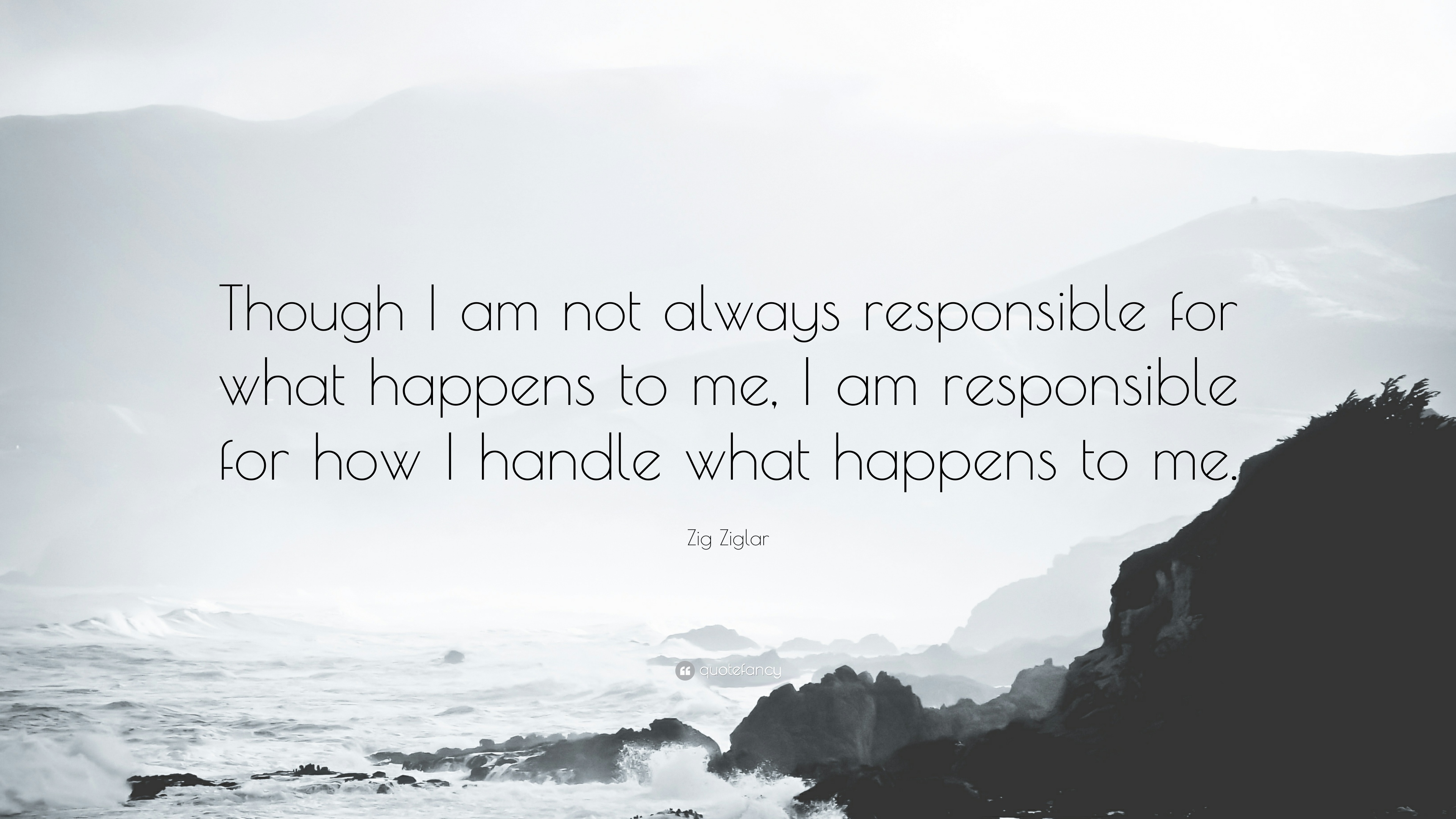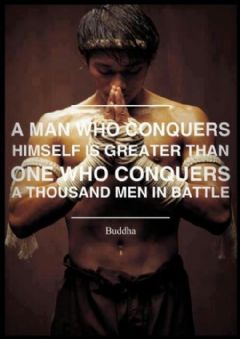My two most recent posts have discussed the benefits that working with mentors and business coaches can bring to one’s personal and professional development, as well as looking into the differences between the two.
The final piece of my development jigsaw involves working with a life coach. Interestingly, I had considered exploring how a life coach could contribute to my personal learning a year or so ago but never actively sought out a coach I felt would be a good fit. Sometimes, however, life gives you a little nudge and this summer, life nudged and I interviewed several candidates before finding one that I felt comfortable opening up to.
So what is a life coach? A life coach is a professional who helps guide thinking on various aspects of life that influence how one ‘shows up’. Just as with a business coach, a life coach will help evaluate areas you are looking to change by providing a sense of objectivity, perspective, focus and clarity, which facilitates the change process.
“Wake with a sense of purpose, a meaningful mission in front of you & a team around you”
- Eric Greitens
Together, a life coach works with you to set your goals, work out the strategy needed to take to reach the goals, keep you accountable and motivate you along the way. Research shows that training alone to achieve your goals improved productivity by 22.4%, whilst working with a life coach on a weekly basis increased productivity by 88%.
This difference in productivity demonstrated in the study was attributed to:
- Accountability. Having a regularly scheduled call (I speak to my coach once every couple of weeks), prompts me to do the homework that we set at the conclusion of each session. Not only that, I know I put more time and effort into the work I do, because I know we will go through it together afterwards. Just think of it like training at the gym…you consistently train a whole lot harder with a personal trainer or training partner than you do on your own.
- Expertise. A professional, accredited life coach has been trained to help people set the right goals for achieving the successes they are seeking, whether they are related to improving their relationships, reviewing their philosophies and values, learning self-compassion or structuring their finances. For example, my coach is a Certified Professional Co-active Coach (CPCC), an Associate Certified Coach (ACC) and is a certified facilitator in Brené Brown’s Daring Way™ and Rising Strong™ programmes.
- Delivery. A good coach will be an excellent listener, with an ability to communicate in an appropriate manner that suits the context and personality of the client and their situation. For example, during our first session, my coach asked me how tough, honest and candid on a scale of 1-10 I was happy her being with me. I prefer to face the hard truths, so opted for a 9/10 but some people would become demotivated or close up if they received feedback at that level. A good coach needs empathy and compassion, whilst being able to keep their clients accountable and see where their short comings are currently affecting their life. I also needed someone with authenticity, who I was confident had faced many of the issues I was trying to understand myself and succeeded in achieving the life they wanted for themselves.
- Speed. Given the fact that an experienced coach can direct the process of reflection, evaluation, strategic planning and guided work, the speed and efficiency of attaining results is much faster than working through the issues independently. After my first session and homework, I felt I was making progress addressing key attributes that had been affecting my personal and work relationships for a long time.

The types of people working with life coaches now are growing, with executives, business leaders, entrepreneurs, small-business owners, creatives, start-ups and actors starting to see the benefits of engaging with a coach to challenge their beliefs and closing the gap between where they are and where they want to be. The International Coach Federation says that “people hire a life coach because they want more, want to grow and want it easier and life coaches help a client get all three. Quickly”.
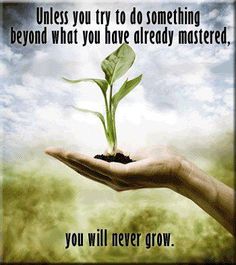
Just as with a business coach, people can work with a life coach on a short term basis, in order to help them achieve a specific objective. However, just as with a mentor, life coach-client relationships may last for months or years and personally, I see my coach-client relationship evolving with me.
lifecoach.com identifies the following reasons people seek to work with a life coach:
• Setting and achieving goals and objectives
• Planning — business, career and life
• Blasting through blocks and fears
• Clearing clutter
• Financial security and independence
• Balancing business and personal life
• Making key decisions and designing strategies for success
• Communicating powerfully and succinctly
• Becoming a problem-free zone
• Building powerful relationships
• Breaking through the glass ceiling
• Getting promoted
• Finding the ideal career/work or business
• Finding the ideal partner/love/relationship
• Getting out of a rut
• Making an important life transition
• Starting a business
• Growing a business
• Living an ideal life
• Identifying core values and passions
• Fulfilling personal and emotional needs
• Getting organized
• Making more money
• Having loads more time to enjoy life
• Playing, having adventures, and a lot more fun!
So how has working with a life coach helped me? Well, some of the areas of work are private, so I am not sharing but other areas, I’m open to talk about.
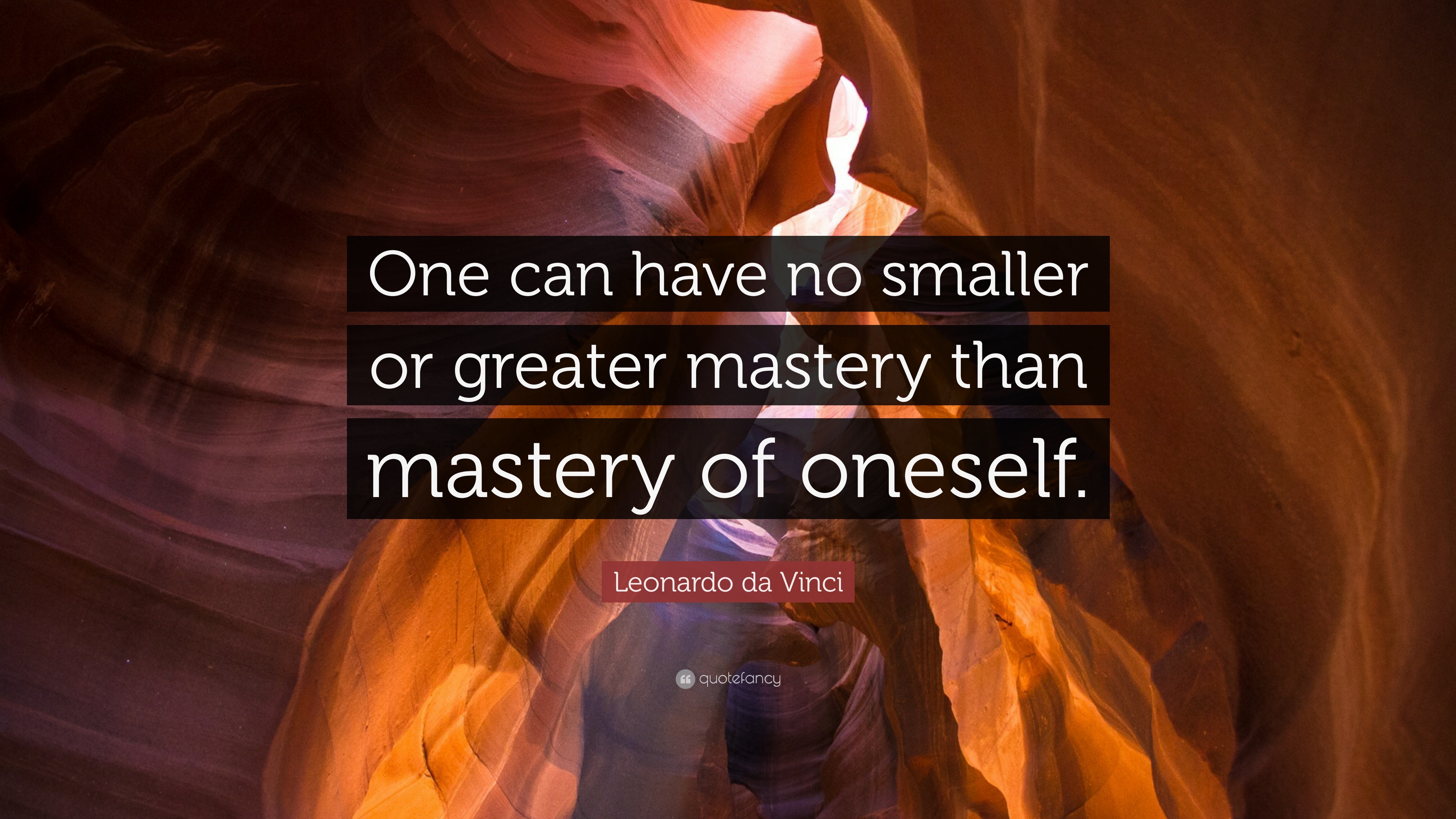
My first session honed in on boundaries and how I had not been very good in my personal or business life at denoting the boundaries I expected other people to honour in my relationships with them. As a result, I would become annoyed or frustrated at people’s behaviour and yet I hadn’t laid out what I expected from them, which caused complications in my relationships. For example, by not identifying my ‘non-negotiables’ when agreeing to take previous jobs, key C suite staff had not been prompted to set me up for success from the outset. In personal relationships, I never expressed the levels of communication I needed to negotiate the times when I was under stress. As such, it was unfair of me to expect other people to understand why I was upset when they didn’t talk things through, but that was what would happen.
My problem with laying out boundaries had been that I felt awkward having those conversations and just hoped things would work out. I figured I was a very accommodating person and could deal with whatever presented and however people showed up in my relationships. However, Brené Brown’s work addresses the fact that when we fail to set boundaries, and hold people accountable, we feel used and mistreated. On the contrary, her research discovered that people who communicate their boundaries are more able to demonstrate compassion and acceptance, whilst being less likely to be judgemental and resentful. As Damian Hughes highlighted in a recent lecture on my Masters course, “if you don’t lay out the rules of the game, how are people expected to be accountable when they don’t follow them?”.
“Have the humility to admit to yourself that, of all the things you need to know & don’t, one of the things you don’t know well enough, is yourself.”
- Eric Greitens
Other areas of our work have included focussing on self-compassion (I’ve always been quick to judge myself and harsher in the appraisal of self than when appraising others); expectation (I’ve been a perfectionist for as long as I can remember, whereas striving to be the best possible version of myself is now my goal), priorities (I’ve often compromised my personal life and play to favour my work life, whereas my future plans involve making time for and giving my best in both aspects of my life) and values (I have revisited what is really important to me and the life I want to live).

As I move forward, I have made a commitment to consistently practice these new skills as I put them into action. However, whilst it is important that we continue to make small adjustments as experiences and relationships shine a light on areas of our lives that require growth, we must recognise that we are not like caterpillars, one day crawling into a cocoon, and emerging a few days later as a completely different creature. Such commitment requires hard work and patience allied to the support and direction that the team around you can provide.
“At the centre of everything that happens to you, is you. You are the place you need to start if you want to become stronger in the face of adversity.”
- Eric Greitens
We must also be cognisant of the fact that we are human and by definition, imperfect. The aim is not to perfect ourselves, but to be the best version of our imperfect selves. By striving for perfection, I have realised that I often got frustrated and took criticism or failure very personally. We all will fail from time to time and it is often said that the excellent fail more than the mediocre but have learned to fail willingly, quickly and well from each failure. In the same light, you can’t escape criticism because more often than not, the critics that voice their displeasure are the ones that are not pleased with and hate something about themselves and as such are unable to see the honour in someone else.
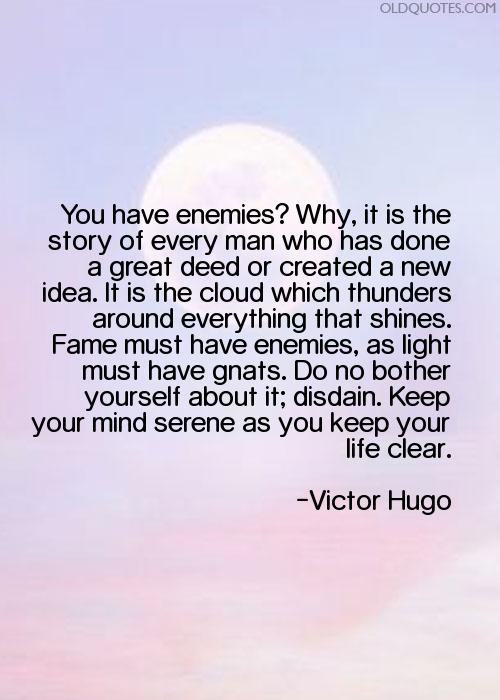
My next challenges will demand more of me and stretch different muscles than I have previously had to flex…if they didn’t, I wouldn’t seek them out. As such, working alongside my coaches and mentors will remain important and valued, yet as the challenges change, so may the team around me, as I seek the guidance of people that have fought similar battles and learned to adopt the skills that helped them survive and thrive at each specific frontline.
“The models you choose for your life should match the challenges you’re facing. Over time, you’ll grow, your sense of self will change. You’ll have new challenges and you’ll choose new models of excellence to help you meet them”
- Eric Greitens
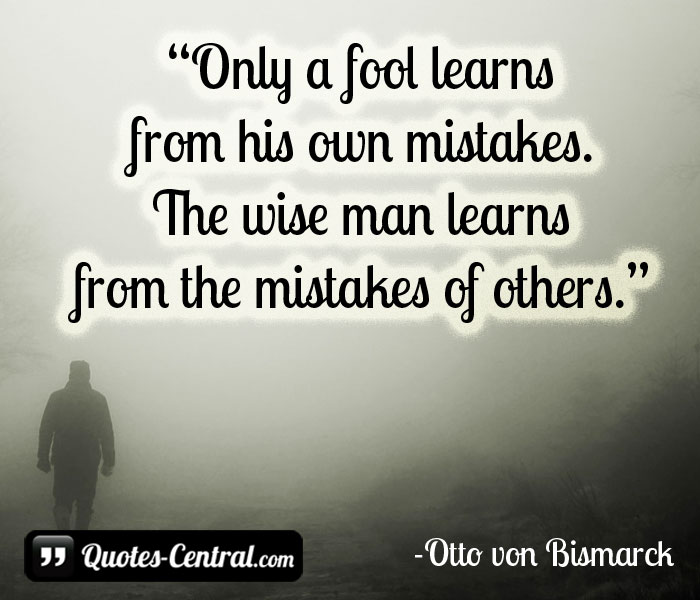
I hope the last three posts have helped clarify the roles that mentors, business coaches and life coaches can play in our personal and professional development, whilst also illustrating the key differences between each. In addition, if you want to learn more about what to look for in, and expect from a good coach, visit the International Coach Federation website for further information.
